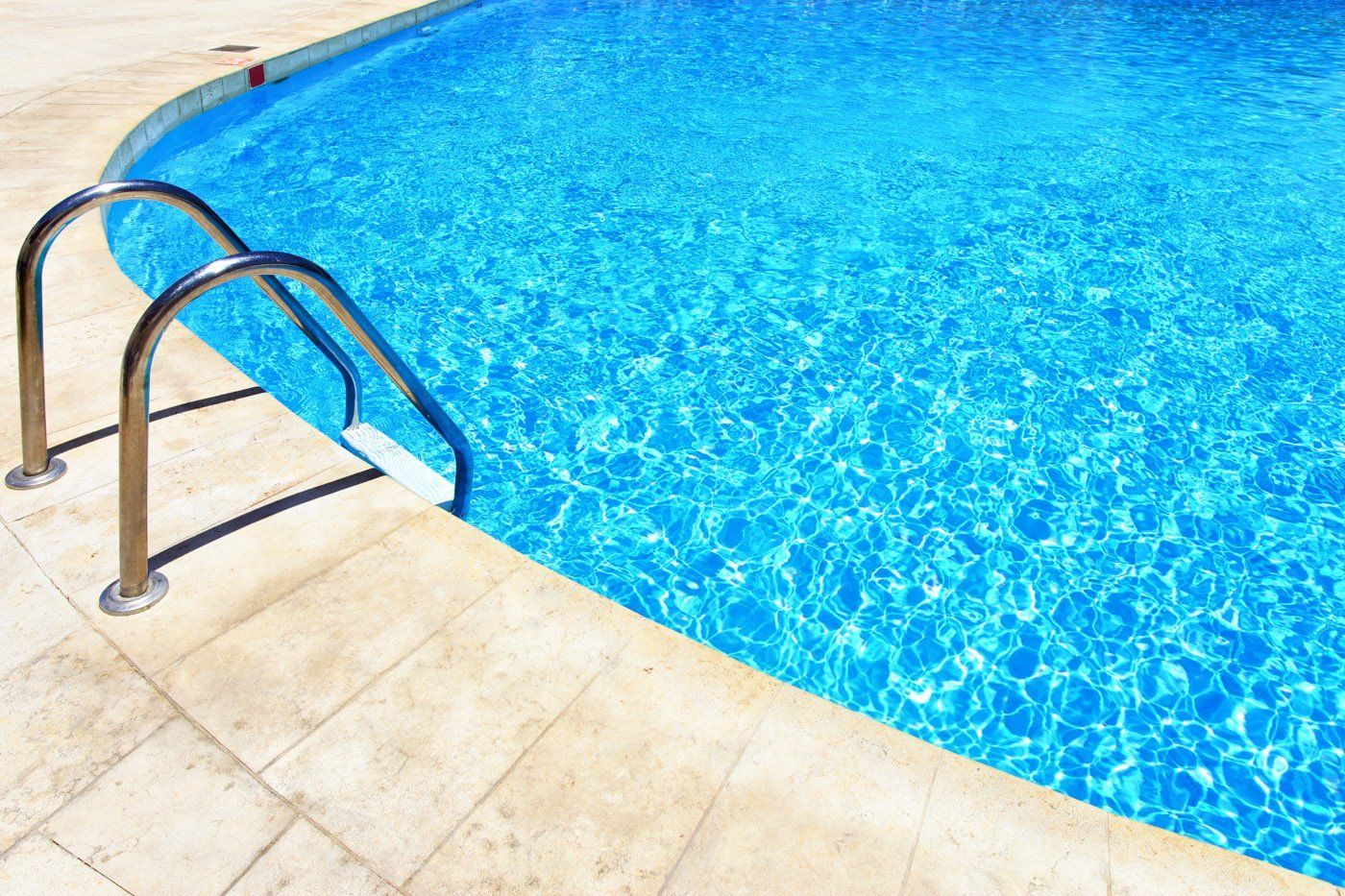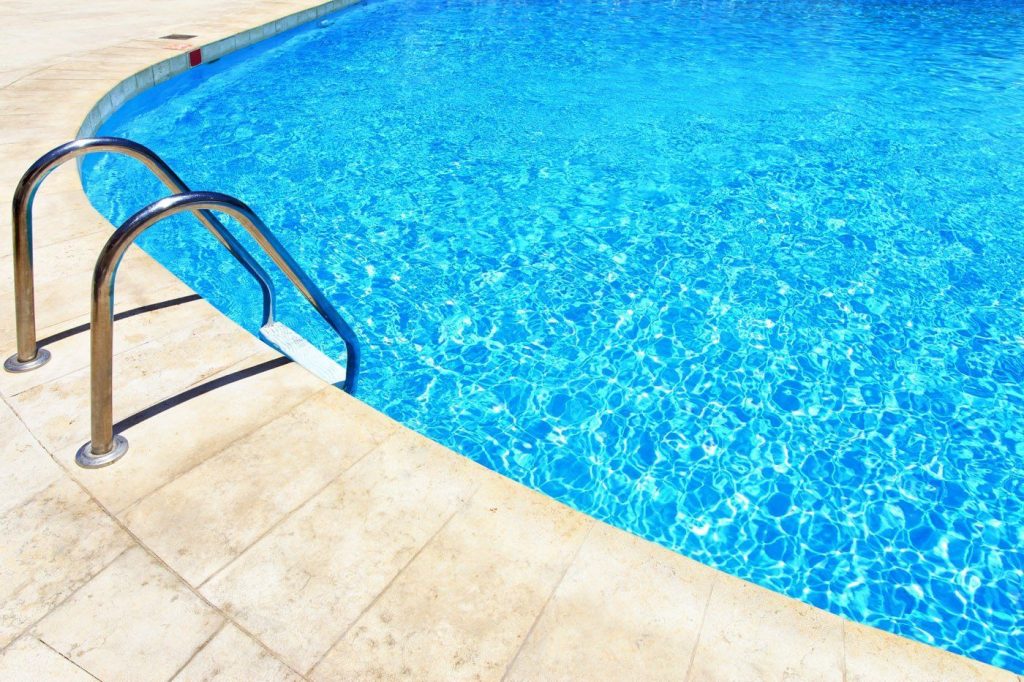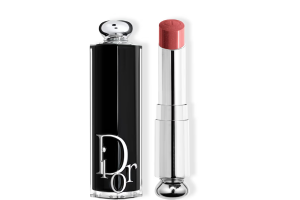Can you wear platinum in a swimming pool?

Platinum is an excellent metal. That is why for years, it has been used to make the highest quality pieces of jewelry. Today it is more common to find jewelry in white gold than in platinum. However, the jewelry world is increasingly including this metal to make jewelry despite its higher price.

You cannot wear the platinum in a swimming pool until it is not 100% pure and original.
Platinum is much heavier than gold for the same volume. For this reason, an alliance of the same design in the two metals will weigh more in Platinum, thus raising its cost. In addition, platinum jewelry is worked and created with a purity greater than that of gold. Purity indicates the proportion of the noble metal that appears in the mixture, called an alloy, used to shape the jewelry. It uses between 90 and 95% pure Patino compared to 37.5 and 75% of 9 and 18 karat gold, respectively.
The metals used to make the alloy for platinum jewelry, such as ruthenium and iridium, are also heavier and more expensive. This influences the final price of the jewel. Platinum rings offer us very good long-term resistance since it is almost impossible to deform or oxidize them, so choosing the platinum engagement ring is a very good investment.
It is true that having a more demanding creation process and being a purer and more difficult metal to obtain, platinum jewelry usually has a higher price, but the difference is compensated with time.
Most platinum jewelry is 90-95% pure and 900-950 parts of platinum per 1000, so chemical reactions are less likely to occur if the platinum ring is exposed to chlorine.
However, the content of low-quality platinum jewelry is as low as 500 parts par 1000 (50% purity), and some jewelers use white gold solder when welding to the head, so avoid exposing platinum jewelry to chlorine. It is recommended too. When repairing platinum jewelry, chlorine then blackens 90-95% non-platinum areas of the ring-like gold.
In conclusion, it is recommended that you should not wear the platinum in a swimming pool until unless it is not 100% pure.







